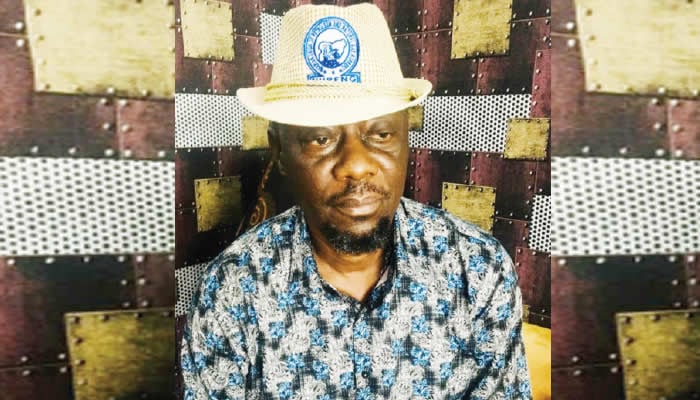The Petroleum Products Retail Outlets Owners Association of Nigeria (PETROAN) has cautioned against monopolistic practices in Nigeria’s downstream oil and gas sector, warning that fair competition and equitable access to supply networks are vital to sustaining the country’s deregulated petroleum market.
Speaking at the OTL Downstream Week 2025, PETROAN President, Dr Billy Gillis-Harry, presented a paper titled “New Frontiers for Competition and Market Access in Downstream Energy”, where he analysed the post-subsidy realities of the Nigerian petroleum industry and called for stronger collaboration among regulators, marketers, and refiners.
According to Gillis-Harry, the removal of fuel subsidy in 2023 has reshaped the downstream landscape, unlocking new opportunities while also introducing fresh challenges for industry players. He noted that Nigeria’s downstream energy market, valued at about ₦1.2 trillion ($3 billion), is projected to grow at a 5 per cent compound annual growth rate (CAGR) between 2025 and 2030.
He explained that the subsidy removal marked a historic shift from decades of government price control to full market liberalisation, allowing private participation and competition to drive the sector. However, he warned that emerging mega-refineries and dominant importers could threaten market diversity if left unchecked.
“PETROAN has consistently warned against monopolistic practices, particularly in light of emerging mega-refineries and dominant importers. A diverse playing field, where modular refineries, NNPC, Dangote Refinery, and independent marketers all operate freely, is essential for the sector’s health,” Gillis-Harry said.
He noted that while deregulation has improved transparency and encouraged investment, it has also exposed marketers to real operational costs, compressing profit margins and forcing many to adapt new business models to survive.
Gillis-Harry emphasised that PETROAN has remained proactive in promoting price stability and consumer protection, offering policy recommendations to reduce volatility and prevent shocks that could destabilise the economy.
“By supporting domestic refining initiatives, PETROAN aims to reduce reliance on imports, which are more susceptible to global price shocks,” he added.
He commended the Nigerian Midstream and Downstream Petroleum Regulatory Authority (NMDPRA) for promoting transparency and competitiveness, but urged the agency to deepen collaboration with industry stakeholders to prevent price manipulation and market exclusion.
According to the PETROAN president, independent petroleum retailers play a vital role in the economy, especially in rural and underserved areas, where they create jobs and ensure access to energy.
“Without fair access to supply and distribution networks, independent retailers risk being squeezed out by larger players with deeper pockets and preferential deals,” he warned.
Gillis-Harry maintained that enabling independents to compete on equal footing will encourage innovation, better service delivery, and more competitive pricing across the downstream value chain.
He also identified several emerging business trends transforming Nigeria’s downstream sector, including integrated refining and retail chains, smart fuel stations, and on-demand fuel delivery platforms. He said digital technologies and automation are increasingly being deployed to boost operational efficiency and enhance customer experience.
Diversification, he added, is becoming central to downstream operations, with more fuel stations expanding to include Liquefied Petroleum Gas (LPG), Compressed Natural Gas (CNG), and Electric Vehicle (EV) charging points. Some outlets, he noted, are also adopting solar-powered systems to cut costs and improve sustainability.
On policy direction, Gillis-Harry called for transparent and digitised licensing systems to reduce entry barriers for smaller operators, as well as anti-monopoly safeguards, import liberalisation, and public-private partnerships (PPPs) to rehabilitate critical infrastructure such as roads, pipelines, and ports.
He identified major challenges confronting the downstream sector — including port congestion, pipeline vandalism, poor road infrastructure, and inadequate storage facilities — as obstacles to efficient fuel distribution.
To overcome these bottlenecks, he recommended stronger stakeholder collaboration and consumer protection policies that balance open-market principles with fair pricing.
Looking ahead, Gillis-Harry said the future of Nigeria’s downstream energy industry would be shaped by regional refining hubs, modular refineries, blockchain-based transparency systems, and AI-driven logistics networks.
“The future of downstream energy is open, competitive, and inclusive. PETROAN reaffirms its commitment to healthy competition and price stability. We call on all stakeholders to support reforms that will promote fair market practices and ensure sustainable growth in the industry,” he concluded.
